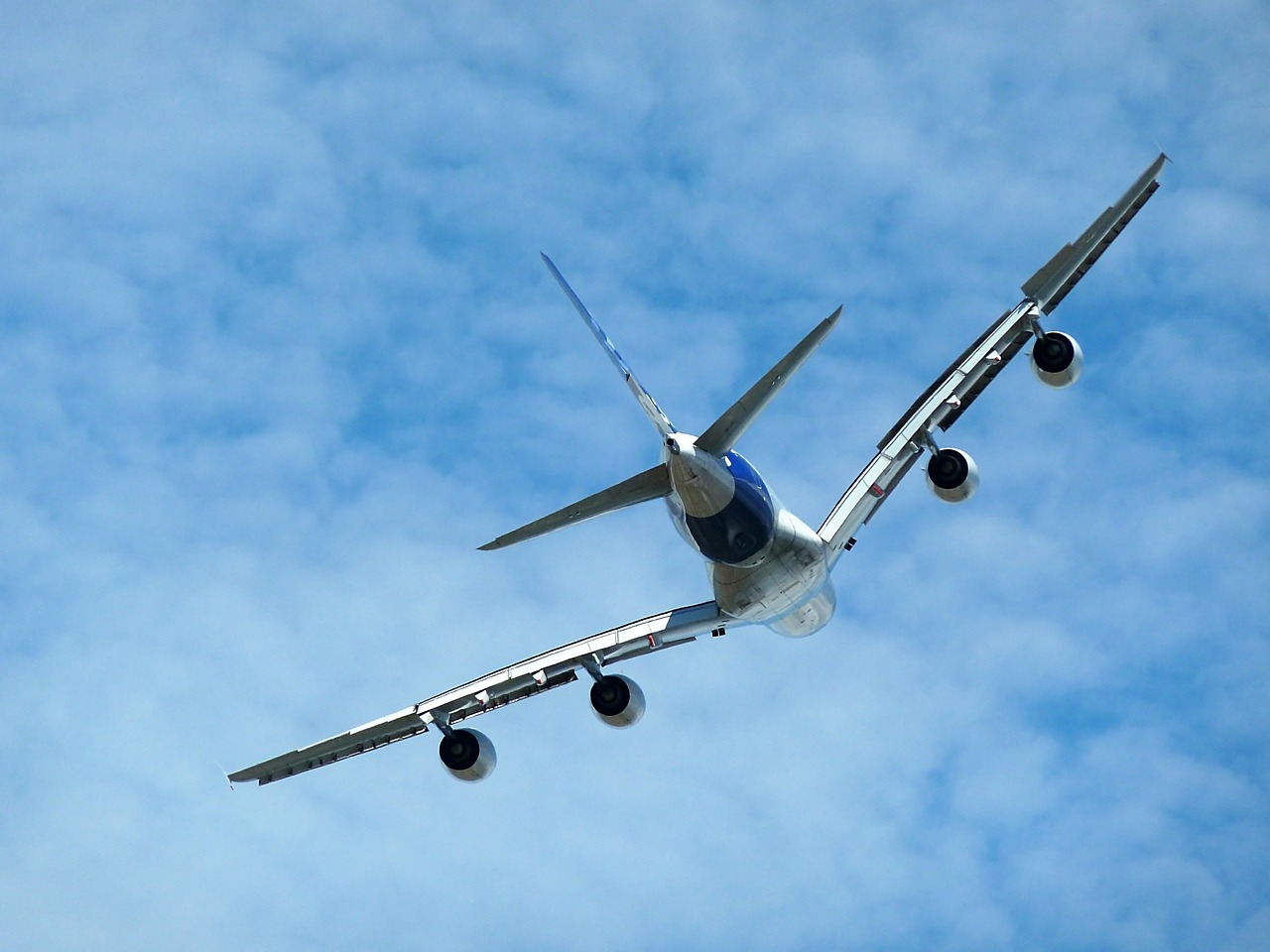
Airbus wants to offer fully electric flying in just over ten years. How the group wants to achieve this goal – and how far the aircraft manufacturers are with it.
Airbus boss Guillaume Faury feels the pressure. No climate debate these days can do without the critical view of aviation. Flies are getting louder and louder as Klimakiller denounced. No mode of transport pollutes the climate anymore. Airbus steps against: On the sidelines of the Airbus Innovation Days 2019 in Toulouse, the new CEO announces his priority list. The top priority is to reduce the emission of CO2. But Guillaume Faury also knows that the project needs more time.
First of all, it will be about replacing old ones with modern ones. In addition, improved air traffic management could save up to 15 percent of fuel consumption and, correspondingly, CO2 emissions. For this purpose, the use of sustainable biofuels must be expanded. But the Frenchman is also clear: All this alone will not be enough to achieve emissions-free flying.
Faury wants to introduce electric drives from the next decade. The goal is to fly completely emission-free. Only: That will not work with today’s batteries. The aircraft manufacturers know that. Therefore, the development in terms of hydrogen, biofuel and synthetic fuels must be pushed. Airbus boss Faury wants to make the climate climate-neutral from 2020, from 2035 to reduce the CO2 levels.
Five to six new planes a day
The aircraft manufacturer Airbus celebrates its 50th birthday in the next few days. For the anniversary just the twelve thousandth aircraft was delivered – an A220 for Delta Air Lines. Full order books, the production is fully utilized for the coming years. And the demand does not let up. „We are in a growth market, with more than 37,000 aircraft being produced over the next 20 years,“ says chief salesman Christian Scherer. Competitor Boeing even expects a market volume of almost 43,000 aircraft.
That would be five to six new aircraft delivered worldwide, day after day. Because flying is booming. Cheap ticket prices let the passenger numbers rise sharply. But this also increases the CO2 emissions. However, the recent more than robust growth rates (between five and eight percent annually) mean that the CO2 savings from more efficient drives have been eaten up so far.
So that growth does not become a nightmare for the environment, politics too has set itself ambitious goals. The EU program „Flightpath 2050“ envisages: New aircraft should emit 75 percent less CO2 per passenger kilometer than in the year 2000. And the emission of nitrogen oxides (NOx) should even go down by 90 percent. That too has arrived at the aircraft manufacturers. This goal has also been adopted by Airbus.
The near future for Airbus is called E-Fan
With the so-called E-Fan, Airbus launched an electric prototype five years ago. A two-seater, which weighs just 500 kilograms empty. Built with carbon, that makes the plane so easy. The E-Fan can stay in the air for 45 minutes. Cruising speed: 160 kilometers per hour. The electricity is supplied by lithium-polymer batteries. The evolution of this project is E-Fan X.
„Flying free of emissions will not only work with a technology,“ explains Head of Technology Grazia Vittadini. There is still no single standard for electric flying. Among other things, Airbus relies on hybrid electric drives. They are intended for short-haul jets – ie airplanes that can accommodate up to 100 passengers. The technology is based on a sophisticated system, gas turbine, energy storage and electric motors work together.
Flight taxis should solve mobility problems
And then there are the taxis to overfly the mobility problems and traffic chaos. The projects are still in their infancy. Vahana (the name means draft animal) is the one flight concept being pushed by Airbus in the USA. City Airbus means the other. The development of this project was settled with the experts of the Airbus helicopter division in the Swabian Donauwörth. First comprehensive flight tests will be there at the earliest from autumn.
„All this is not a fad,“ assures Vittadini. The chief technology officer knows as well as Airbus boss Faury: the engineers have to deliver now. As soon as possible. But that means for the City Airbus: probably at the earliest 2025 – and then not yet for the mass market. Passengers will probably have to be patient until the first all-electric emission-free weekend trip to Barcelona.



